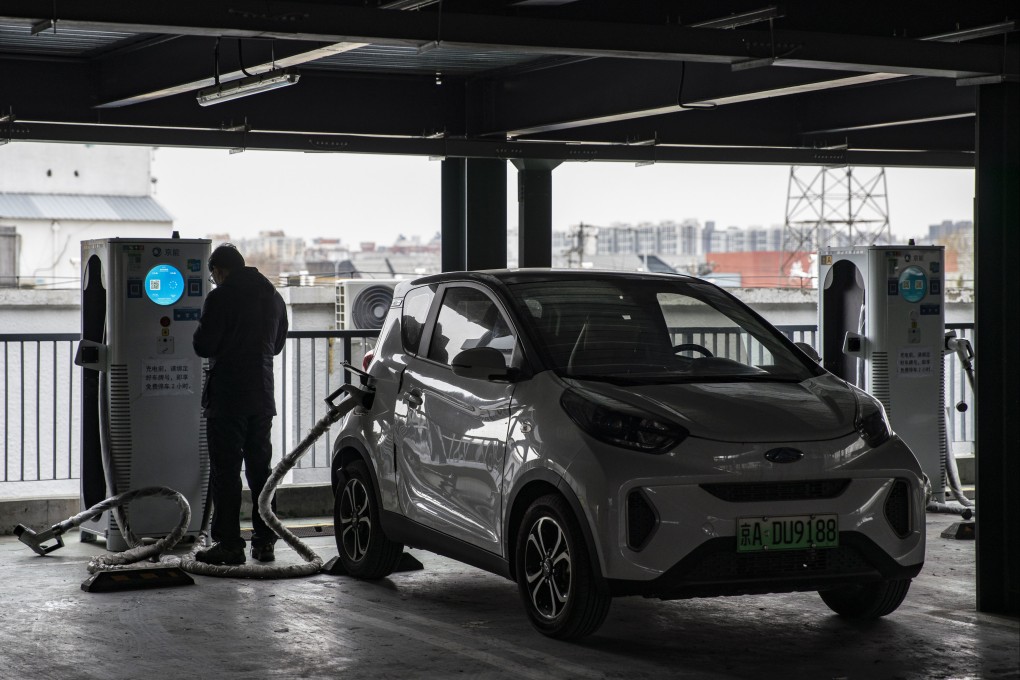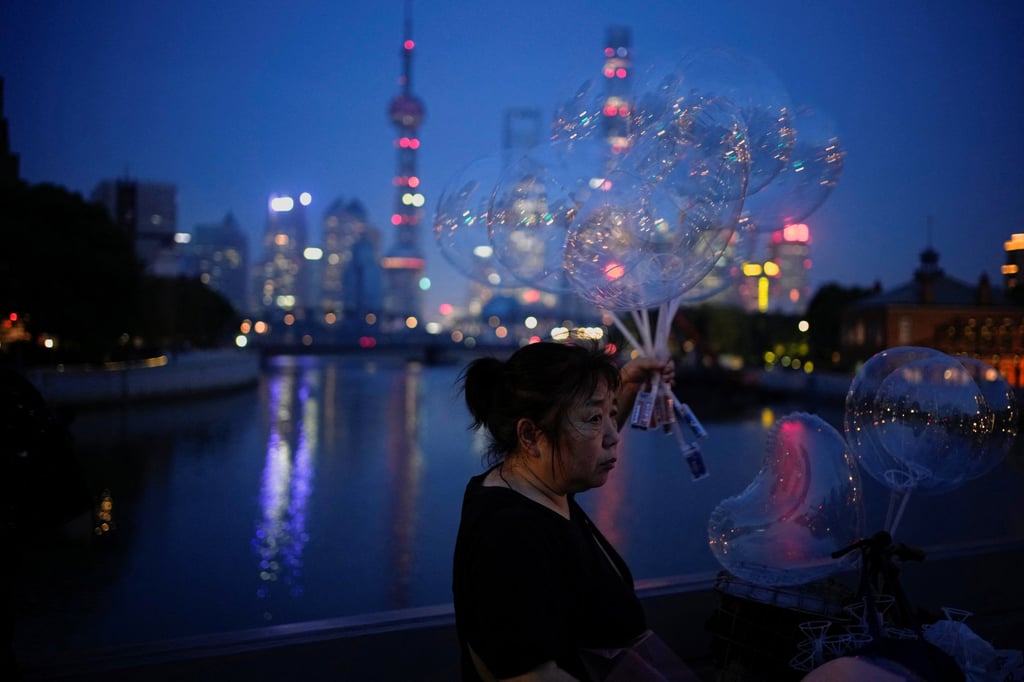China’s power shortage leaves 1 million electric cars, 400,000 stations in search of the jolt to charge their batteries
- EV sales will in fact rise in the next three to four months, before Beijing cancels cash subsidies next year, industry watcher says
- State Grid has not yet said when power cuts at charging stations will end

China’s spreading power shortage is affecting more than 1 million electric vehicles (EVs) because of reduced power supply at about 400,000 public charging facilities, but is not expected to dent demand for battery-powered cars.
State Grid, the country’s largest electricity distributor, has since last Thursday reduced power supply between the peak hours of 3pm to 10pm everyday at public facilities in Zhejiang, Hubei, Sichuan and Henan provinces and Chongqing municipality. It also suspended operations at some charging facilities during these hours.
Last year, a power shortage in more than 10 provinces across mainland China kept millions of EV owners from using their cars and sapped appetite for such vehicles. But demand rebounded sharply soon afterwards, as many consumers viewed the power shortage as a Black Swan event.
“Buying interest in EVs remains strong in Shanghai these days and the power shortage does not seem to be a concern at all,” said Tian Maowei, a sales manager at Yiyou Auto Service in Shanghai. “EV sales in the next three to four months will shoot up as people hope to enjoy cash subsidies [which will be cancelled next year].”

China’s EV industry has been growing by leaps and bounds since 2014, bolstered by government subsidies, a rapid expansion in charging infrastructure and people’s preference for environment-friendly cars. Over the coming months, EV sales are expected to surge as more people buy such cars before Beijing scraps subsidies, analyst said.
Chinese carmakers are expected to start delivering new models featuring autonomous driving technology and sophisticated in-car entertainment systems in the coming weeks to capture this buying euphoria.